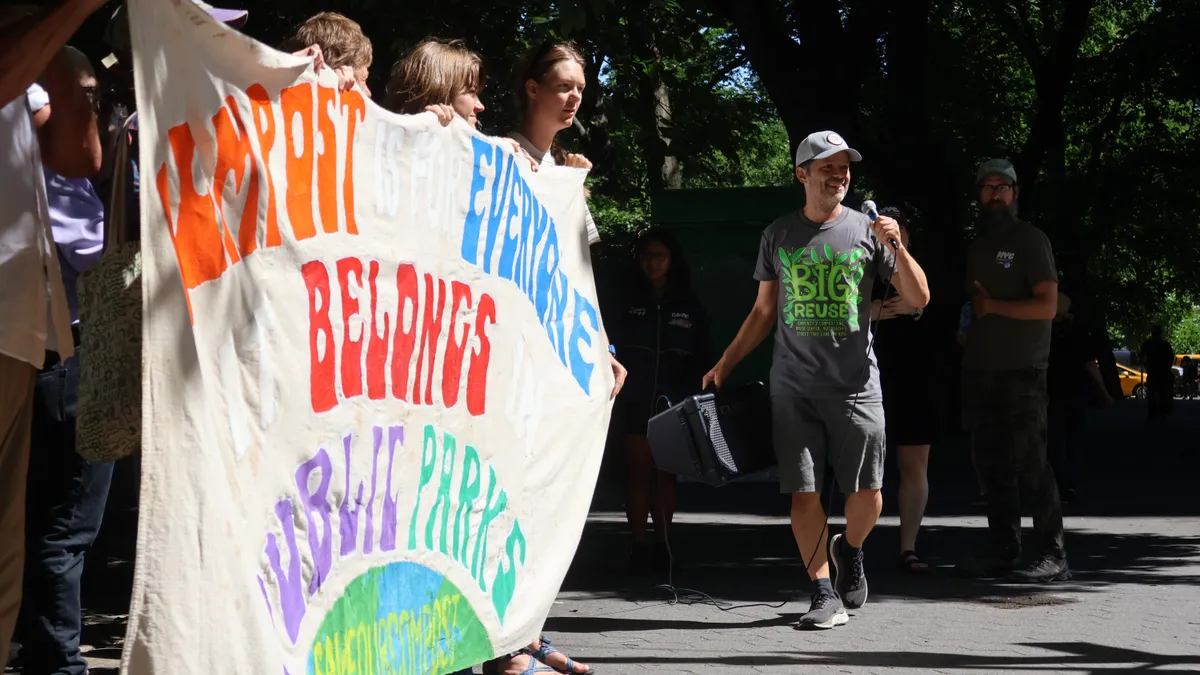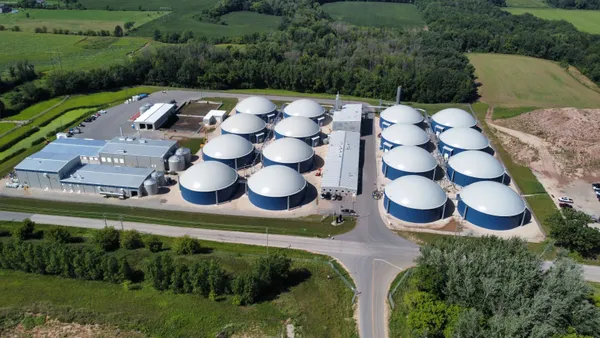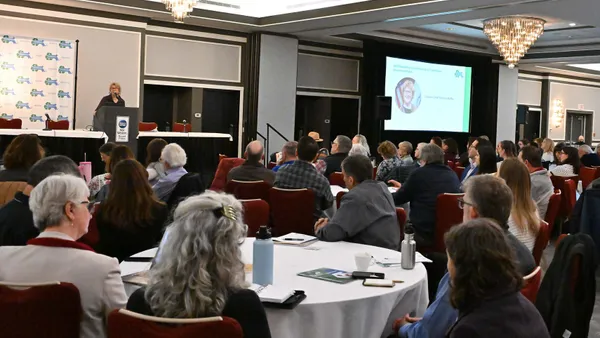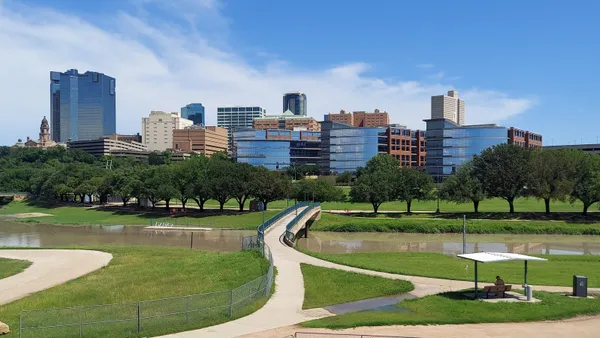Dive Brief:
- The New York City Council and Mayor Eric Adams have agreed to restore more than $6 million in funding for community composting, reviving a program that was axed by the mayor's budget cuts in the fall but received strong political support from council members.
- The council also shifted the funding mechanism for the program in a way that would shield it from future budget cuts and added money for other sanitation priorities.
- The restored funding will cover longstanding groups such as GrowNYC. It also funds a broader range of organizations than before, including microhauler Bk Rot and The Brotherhood Sister Sol, which operates a community garden in Manhattan.
Dive Insight:
The $112.4 billion budget is expected to close a difficult chapter for the city's small-scale composters, who have held rallies and spoken at council hearings about their dissatisfaction with Adams' treatment of their work.
The Adams administration cut all funding for the New York City community composting program in November. At the time, Adams said the city was facing rapidly escalating costs related to services for migrants entering the city and funding shortfalls. He directed all agencies to cut 5% of their budgets to make up for the gap, and the city’s Department of Sanitation made the decision to nix the program.
But some of the budget concerns proved to be short-lived, as the administration began restoring funding for programs like litter basket service in January.
Private funding helped maintain operations for some of the composting groups into this year, but it didn’t cover all of them. Even some of those that received money, such as GrowNYC, recently announced layoffs.
In the city's FY25 budget approved on Sunday, the community composting program will receive $6.245 million. That funding comes from a pot of money controlled by the council rather than DSNY, which means the Adams administration would not be able to touch the program should it institute budget cuts during this fiscal year. The shift in responsibility for the community composting program also allowed the council to fund additional environmental justice and climate-based groups, according to the office of New York City Council Member Shaun Abreu.
DSNY did not respond to a request for comment.
The budget includes $5 million for organics processing infrastructure for the Lower East Side Ecology Center, as well as $25 million for “rodent-proof” litter baskets and increased trash pick-ups. Abreu, who chairs the council’s sanitation committee, touted the funding as an environmental victory.
"We are never going to slash and burn our way to a green city," he said in a statement. "Today, we celebrate these wins. Tomorrow, we continue the work toward a cleaner, safer, climate-resilient city."
While the funding is now “on paper,” organizations must navigate how to ramp services back up, Christine Datz-Romero, executive director of the LES Ecology Center, said. Her organization operated a reduced number of food scraps drop-off locations after the budget cuts and now plans to return to serving 20 locations. She also must hire back workers who were laid off, something other organizations must contend with as well.
“It's really hard for these programs to have this stop and go,” Datz-Romero said. “You have to start this whole process of hiring again and training people.”
The restored funding will hit organizations’ coffers as the city is scheduled to begin curbside organics collection in the Bronx, Manhattan and Staten Island in October. But New York's composting infrastructure will still bear some scars from actions taken by the Adams administration over the previous year.
In the Canarsie neighborhood of Brooklyn, LES Ecology Center has a contract to build a new composting facility with DSNY. But the $2.1 million to fund that site was not restored in the latest city budget, according to Datz-Romero.
She said that while DSNY still owns the land and her contract is still active, her organization can't move forward without funding.
In Queens, Big Reuse has two weeks to vacate a composting facility it has operated on city land for more than a decade. The city’s Department of Parks & Recreation is ending Big Reuse's lease there to build a parking lot for its vehicles, despite opposition from 20 council members, two Queens community boards and thousands of residents.
At a rally to reverse that decision on Thursday, Big Reuse Executive Director Justin Green said several council members called Parks leadership and tried unsuccessfully to convince them to reverse the decision. Green has previously indicated that he’ll look for alternative sites around New York City, but noted options are limited.
“We built out a system that Parks should be multiplying,” Green said at the rally Thursday. “When Parks and government agencies won’t listen to elected officials... it is a bad sign for our democratic process and how responsive government operates. They should not operate like that.”














